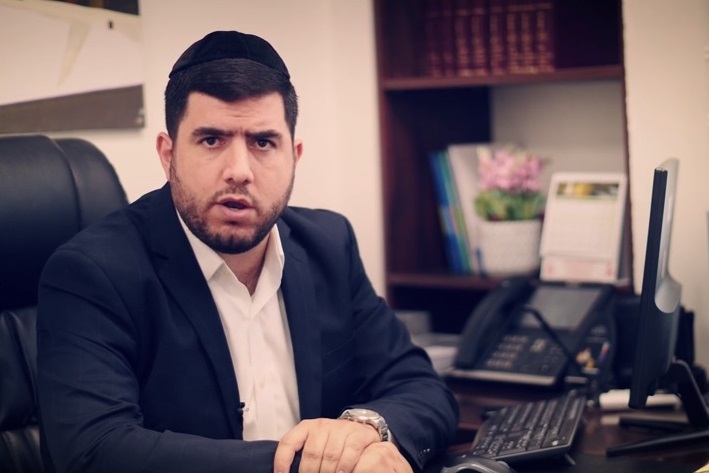
Following the escalation in the security situation in the north and the escalation in launches toward Safed: Prime Minister Benjamin Netanyahu spoke today (Sunday) with Safed Mayor Yossi Kakkon.
During the conversation, the Prime Minister inquired about the mood of the city's residents and the general situation in Safed in light of the increased Hezbollah fire. The Mayor updated the Prime Minister on the situation on the ground, including details about the protection in neighborhoods and schools.
The Prime Minister expressed satisfaction with the fact that most children continue to attend school and that the city's residents are trying to maintain a routine as much as possible under the current circumstances.
"The current situation will not continue. We will do everything necessary to return to normal and remove the threat from the residents of the north, including the city of Safed," Netanyahu stated in the conversation.
The Prime Minister strengthened Mayor Kekun's hands and emphasized that his door was open to him.
Netanyahu promised that his office's staff will be at the disposal of the city of Safed and will take care of all its needs, as befits the capital of the Galilee.
Mayor Kekun thanked the Prime Minister for his attention and commitment to the security of the residents of Safed and the north, and expressed hope for continued close cooperation between the government and the local authority for the well-being of the residents.
In an interview he gave this morning to Kalman Libeskind and Assaf Lieberman on Channel 2, the mayor of Safed said: "What they experienced today in the center, we experience on a regular basis. If a preventive strike is needed, then give it, even if we are not Tel Aviv. We are 42,000 residents, why don't the Minister of Defense or the Prime Minister come here?"
According to Kekun, the dismissive attitude is also reflected in the city's security, and he thinks the government did not believe that the situation could get this bad: "The Israeli government did not think that Safed would become Sderot. 50% of the institutions in Safed are not protected. It started with alarms once a month, turned into once a week, and now once a day. The state needs to protect here. Part of managing routine is protection."
Kekun believes that the disparaging attitude also comes from the media, but understands that it is only a small part of the picture: "On Thursday night there were falls and fires and they didn't open any edition, because this is Safed. I beg for a normal routine. The media is a symptom of realizing that we have entered a crazy routine."
The mayor of the Upper Galilee tried to describe in an interview how they manage daily life during such a long war under constant alarms.
He explained that life must go on: "I'm a big believer that emergency care requires managing routine as much as possible. There are schools today - that's a risk, but leaving them at home is also a risk. We're trying to have cultural events, things for the soul. You can't just look at the body that wasn't injured."
Kekun emphasized: "Our residents are in an ongoing trauma that cannot continue. This is a complex city, we are ranked 2nd in the socio-economic index. Safed needs help."